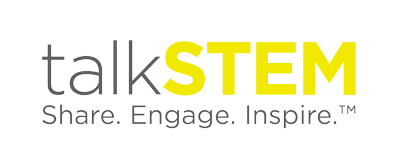

The term “function” within mathematics has a long history, and is based on the more general concept of “relation.” A relation can be considered as a pair of objects. A three-pronged fork and the number ‘3’ are related. The fork has three prongs. In mathematical logic, this can be represented as p(f,3) with ‘p’ being ‘the number of prongs’ and ‘f’ representing ‘fork’, If there is a second fork, then we would label the two forks as f1 and f2, and we may have these two relations: p(f1,3) and p(f2,4). A function is a restriction on a relation. The fork relations are both functions because fork f1 has only 3 prongs. Under what conditions would a fork relation not be a function? Consider that some forks have a variable number of prongs. A relation is how two or more things are connected or related. A function is the type of relation that is directional. You may have seen the function y = f(x). This means that for any chosen x, there is only one y. If there were 2 or 3 y values for a given x, then f would be a relation.
Watch the 10 minute video below in which Professor Fishwick, member of the talkSTEM Advisory Board, explains math functions in a conceptual, jargon-free way.








Add comment